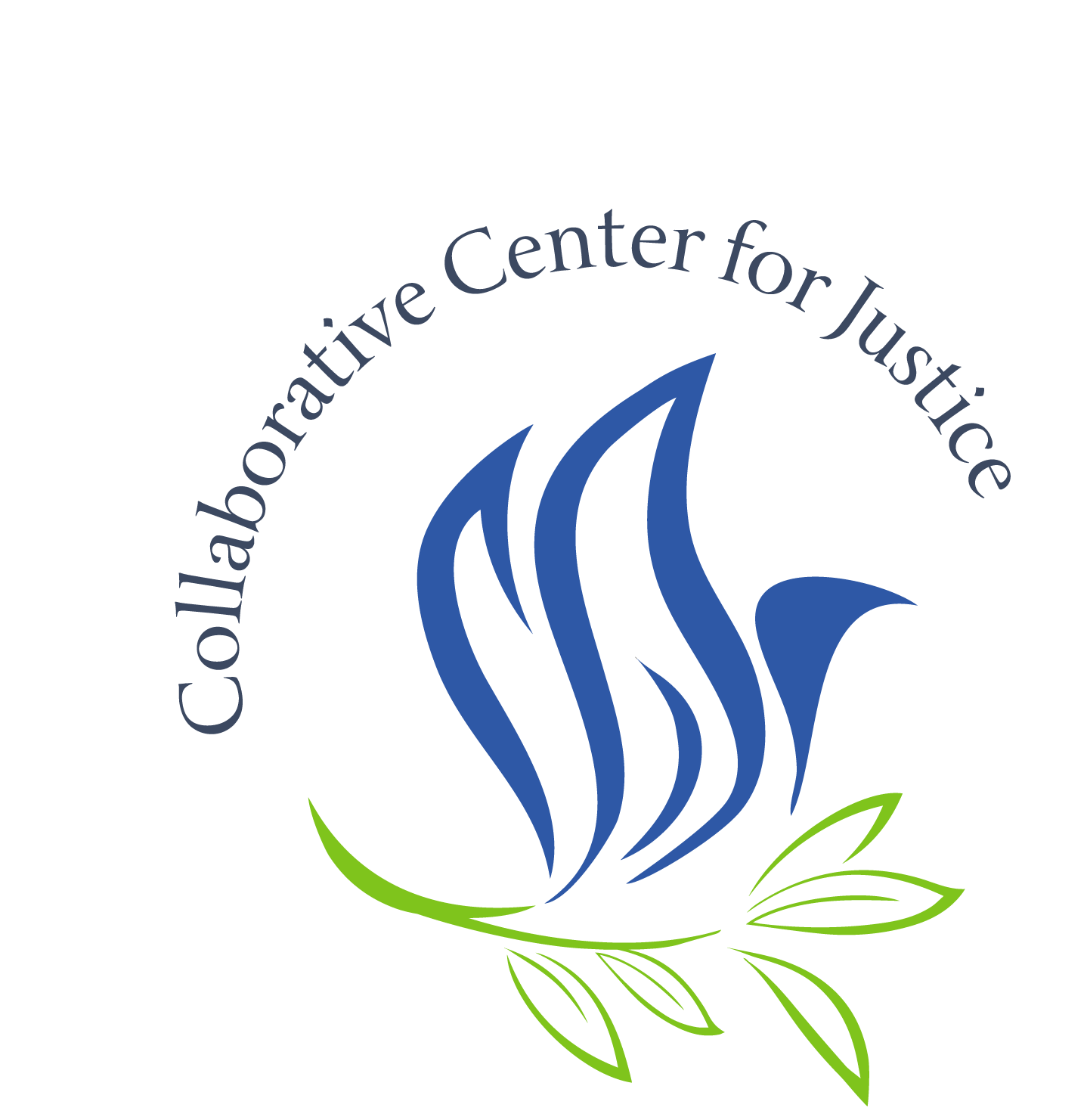
Today, March 22 is World Water Day. This year’s theme is “Leaving no one behind” and is based on the 2030 Sustainable Development Goal to “ensure availability and sustainable management of water and sanitation for all”.
Safe and clean water for drinking and sanitation is a human right. But billions of people around the world do not have direct access to adequate, safe water for drinking, cooking, and sanitation. According to a summary of the UN’s World Water Development Report 2019, “those who are marginalized or discriminated against because of their gender, age, socio-economic status, or because of their ethnic, religious or linguistic identity, are also more likely to have limited access to proper water and sanitation.”
One of the core principles of Catholic Social Teaching is that everyone is entitled to basic rights. Collectively we must do more to work toward the realization of the right to clean water for everyone. Each of us has a responsibility to do our part to protect the integrity of our water sources and to conserve water so that there is equitable access for this and future generations.
Here in Connecticut, there is focus again this year on the State Water Plan. It’s critical for legislators to take action to approve the State Water Plan this session, and to ensure that the plan’s language keeps the policy of regarding water as a public trust. Water is necessary for life, and must be accessible to all people, not sold off for profits. You can learn more about the State Water Plan at Save Our Water CT’s website.
Actions you can take:
- Call or email your local legislators to urge them to pass the State Water Plan as written. Explain why you feel it’s important that the plan contain the language that water is a public trust. Find your legislators here.
- While you’re contacting your legislator, ask them to support:
- H.B. 5910: An Act Limiting the Use of Polyfluoroalkyl Chemicals in Certain Products. Polyfluoroalkyl chemicals (PFAS) are used in many items such as non-stick cookware, and are persistent chemicals that can get into water sources and cause contamination. This is a serious issue as these chemicals can lead to detrimental health impacts. Millions of people around the country rely on water sources that are contaminated with these harmful chemicals. Legislation and other efforts are needed to address this issue and reduce levels of contamination. Read more here.
- SB 753: An Act Concerning the State-Wide Ban On Fracking Waste. This bill would create a permanent, statewide ban on wastes from gas and oil-extraction activities.
Want to learn more?
United Nations World Water Development Report 2019: ‘Leaving no one behind’- Main Messages



